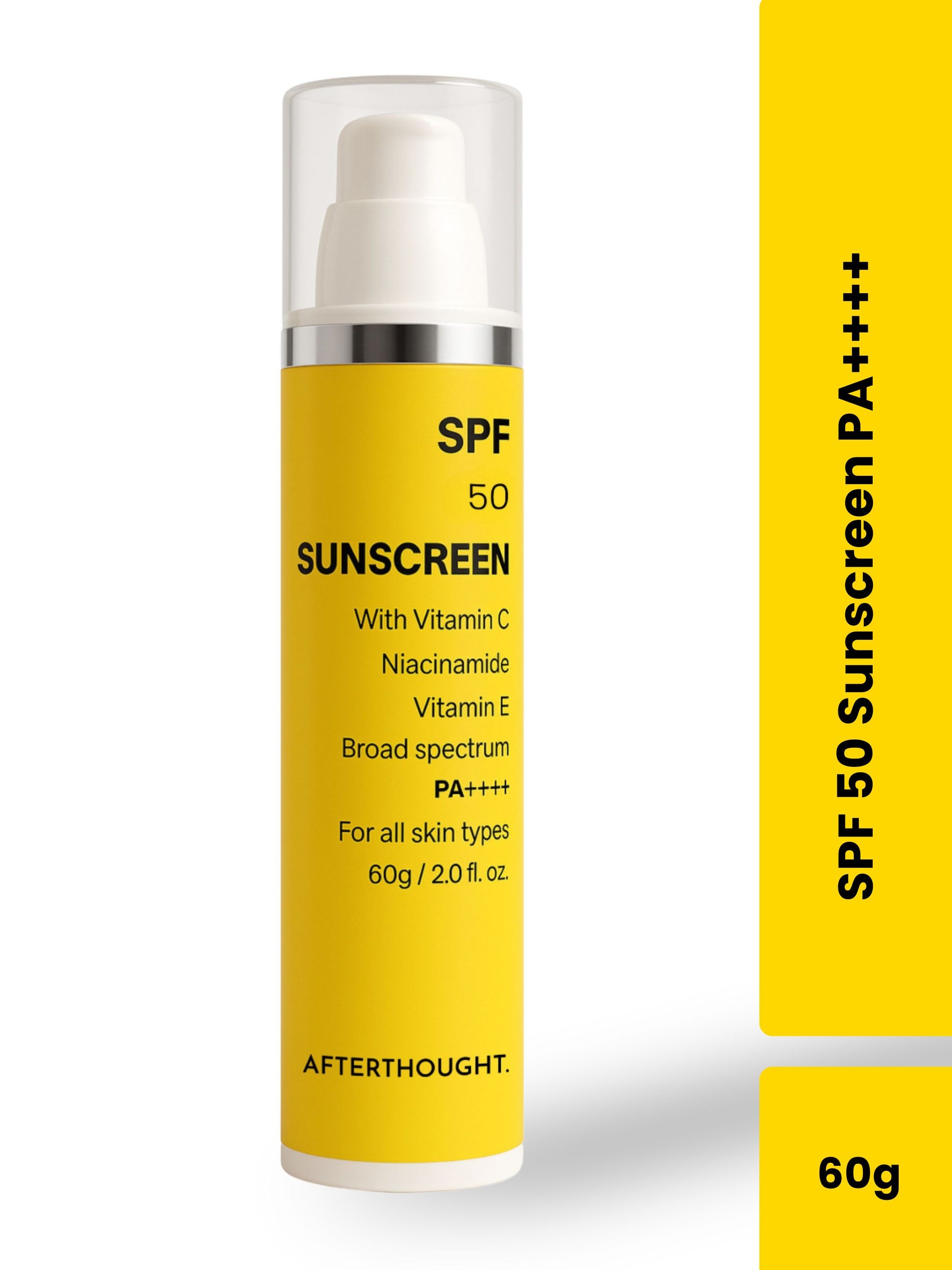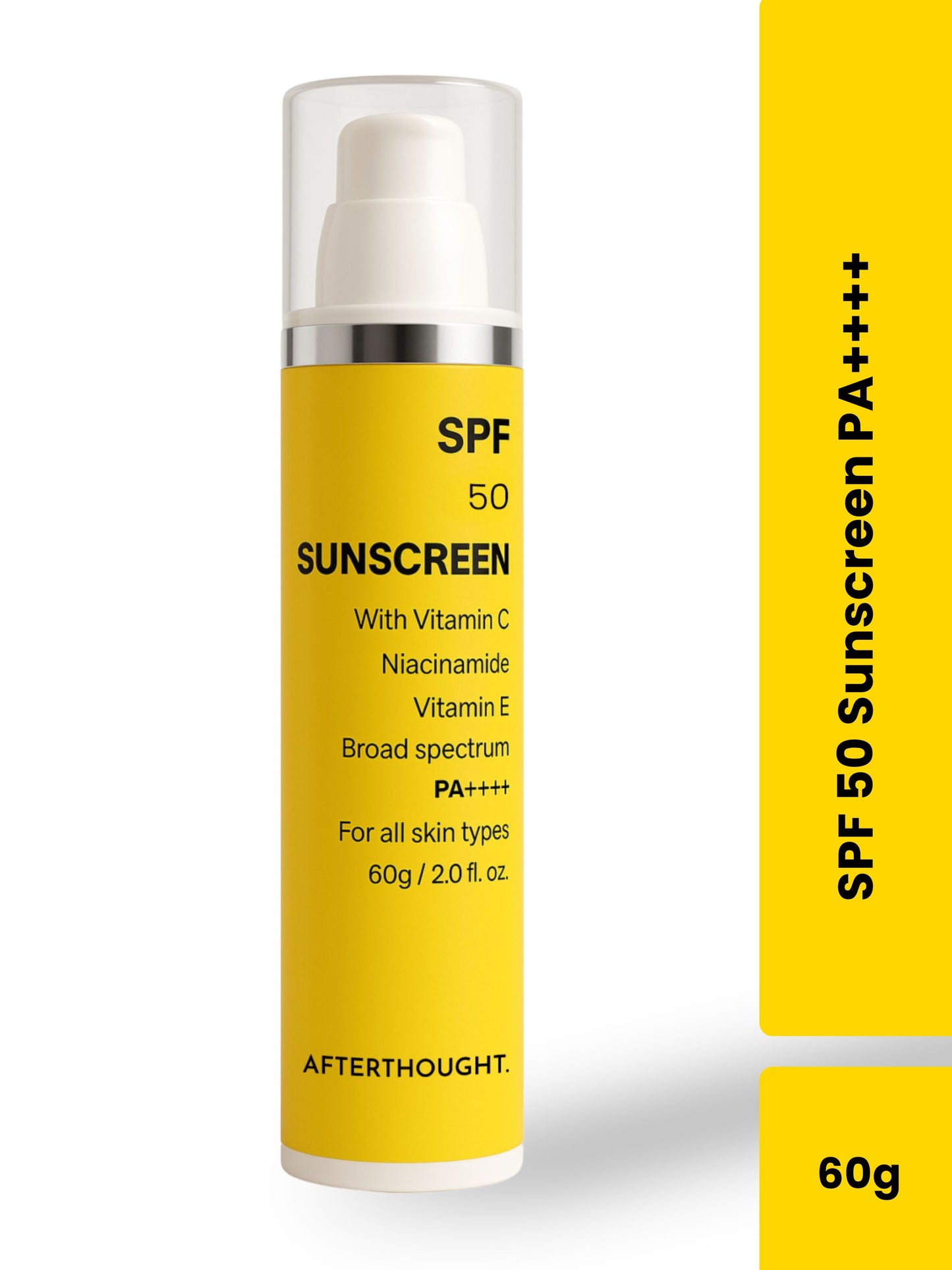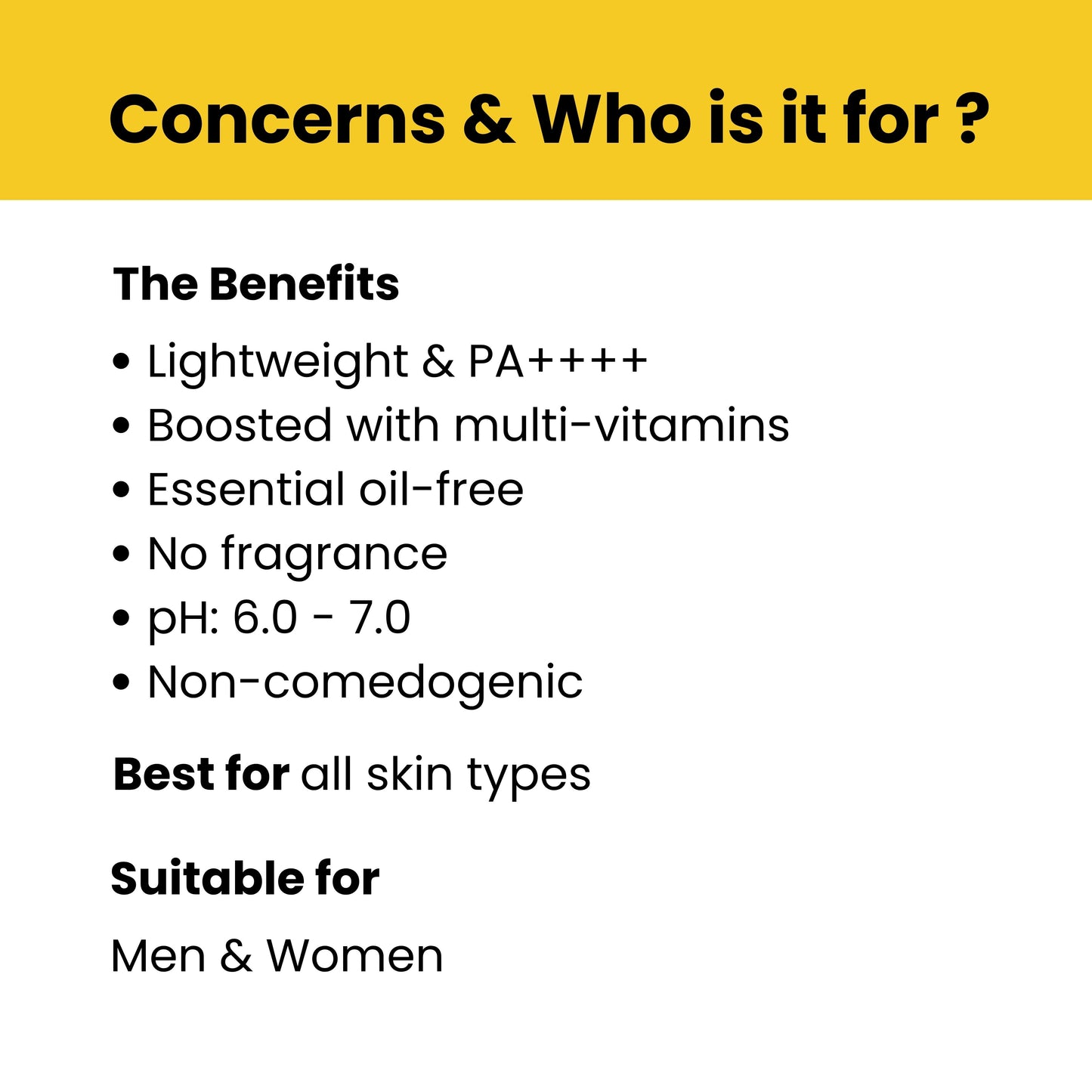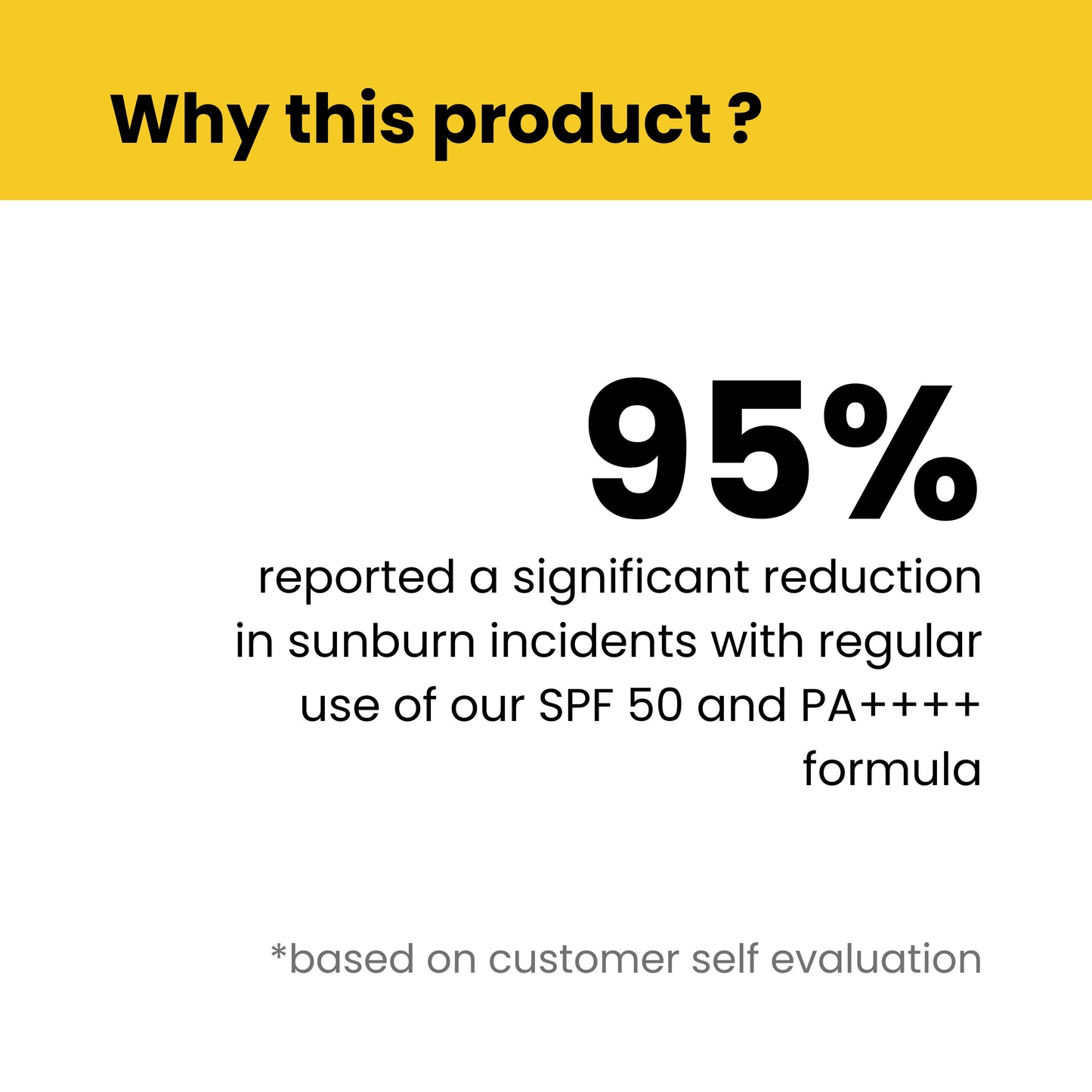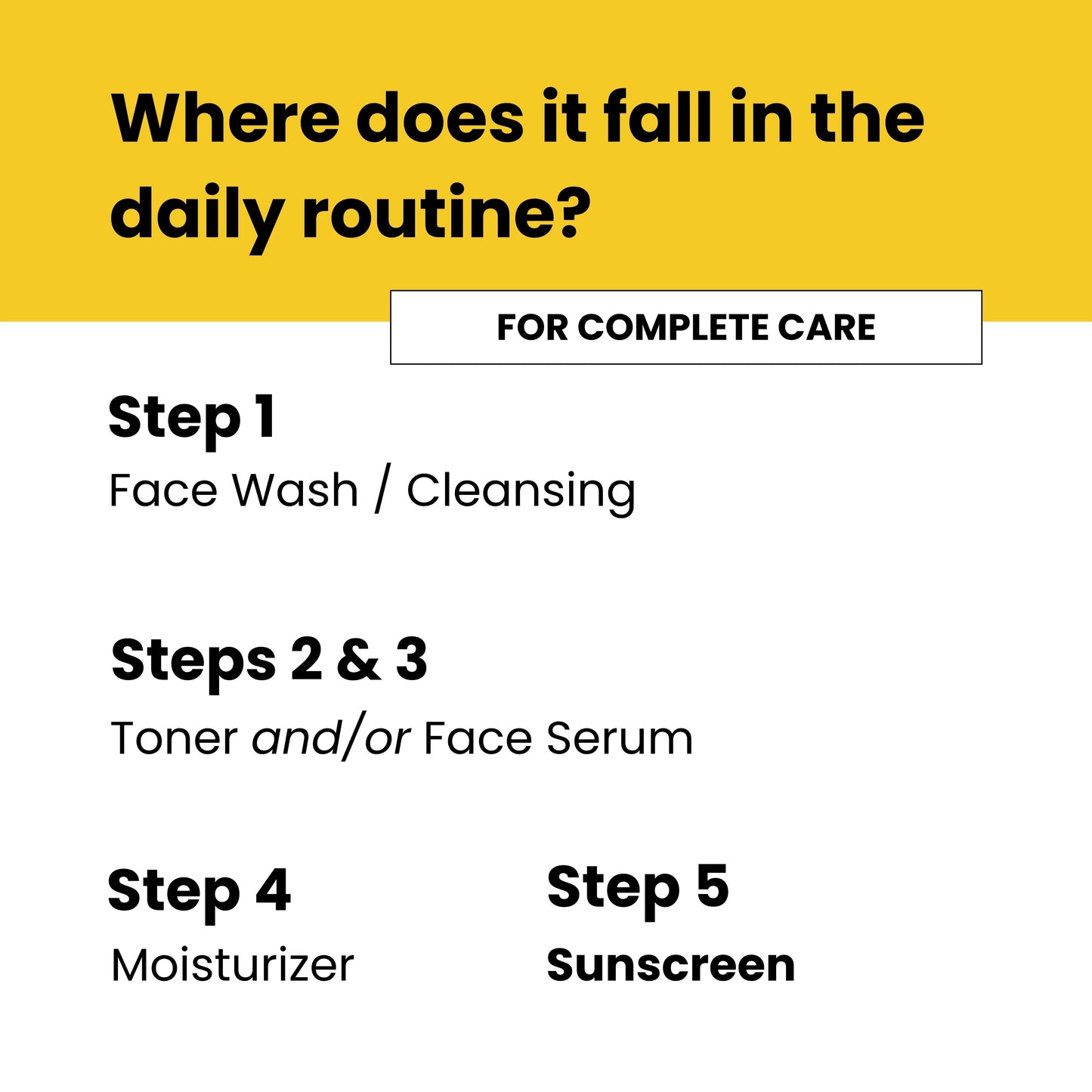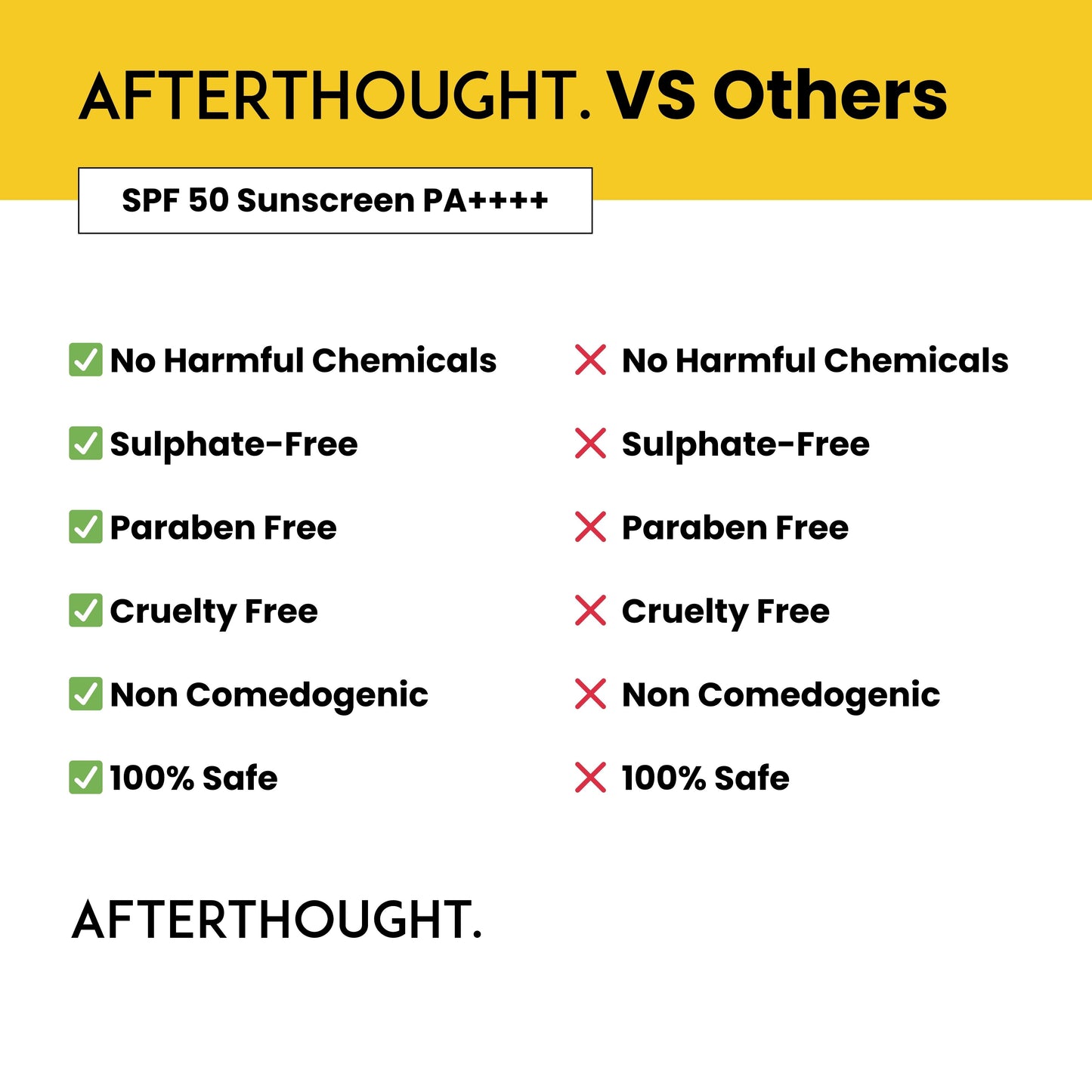How To Choose Sunscreen For Sensitive Skin?
Choosing the right sunscreen can be a daunting task, especially if you have sensitive skin. The wrong product can lead to irritation, redness, or other adverse reactions.
This guide will help you navigate through the options and select a sunscreen that provides effective protection while being gentle on your sensitive skin.
Understanding Sensitive Skin
Sensitive skin is characterized by its tendency to react to various stimuli, including skincare products, environmental factors, and even certain foods. Common symptoms include redness, itching, burning sensations, and dryness.
When it comes to sunscreen, people with sensitive skin need to be particularly cautious to avoid exacerbating these issues.
Key Ingredients to Look For
Mineral Sunscreens
Mineral sunscreens, also known as physical sunscreens, are often recommended for sensitive skin. They contain active ingredients like zinc oxide and titanium dioxide, which sit on the skin's surface and physically block harmful UV rays. These ingredients are less likely to cause irritation compared to chemical sunscreens.
Non-Comedogenic Formulas
Choose sunscreens labeled as non-comedogenic, which means they won’t clog pores. This is especially important if you’re prone to acne or have oily skin.
Fragrance-Free Products
Fragrances can be irritating to sensitive skin. Opt for sunscreens that are fragrance-free or have minimal scent to reduce the risk of reactions.
Hypoallergenic Options
Hypoallergenic sunscreens are formulated to minimize the risk of allergic reactions. While no product is entirely allergy-proof, choosing a hypoallergenic sunscreen can help reduce the likelihood of irritation.
Gentle Formulations
Look for sunscreens with soothing ingredients such as aloe vera, chamomile, or calendula. These ingredients can help calm and protect sensitive skin.
Ingredients to Avoid
Chemical Sunscreens
Chemical sunscreens often contain ingredients like avobenzone, octocrylene, and octinoxate. These can sometimes cause irritation or allergic reactions, particularly in those with very sensitive skin.
Alcohol
Alcohol in sunscreen can be drying and irritating. Check the ingredient list for alcohol-based compounds and avoid them if your skin is prone to dryness or irritation.
Artificial Colors and Dyes
Artificial colors and dyes can be irritating for sensitive skin. Stick to products that are free from these additives.
Parabens and Sulfates
Parabens and sulfates are preservatives and cleansing agents that can cause irritation. Look for sunscreens that are free from these chemicals.
Choosing the Right SPF
The SPF (Sun Protection Factor) indicates how long you can stay in the sun without getting burned compared to not using any sunscreen. For sensitive skin, an SPF of 30 is generally recommended. Higher SPFs offer more protection, but they don’t necessarily mean they are better or gentler on the skin.
Application Tips
Patch Test
Before using any new sunscreen, perform a patch test. Apply a small amount of the product to a discreet area of your skin and wait 24 hours to check for any adverse reactions.
Apply Generously
Use enough sunscreen to cover all exposed areas of your skin. Apply it about 15-30 minutes before sun exposure for maximum effectiveness.
Reapply Regularly
Sunscreen needs to be reapplied every two hours, or more frequently if you’re sweating or swimming. Even if you’re indoors, consider reapplying if you’re near windows or in a brightly lit environment.
Consider Sunscreen Form
Sunscreens come in various forms, including creams, gels, and sticks. For sensitive skin, creams and lotions are often preferred because they provide a thicker barrier and are less likely to contain alcohol.
Conclusion
Selecting the right sunscreen for sensitive skin requires careful consideration of ingredients and formulation.
By opting for mineral-based sunscreens, avoiding potentially irritating chemicals, and choosing products with soothing properties, you can protect your skin from harmful UV rays without compromising its delicate balance.
Always remember to test new products and consult a dermatologist if you have specific concerns or conditions related to your skin. With the right sunscreen, you can enjoy the outdoors while keeping your sensitive skin safe and healthy.
Also Read: Does Sunscreen Make Your Skin Glow?


